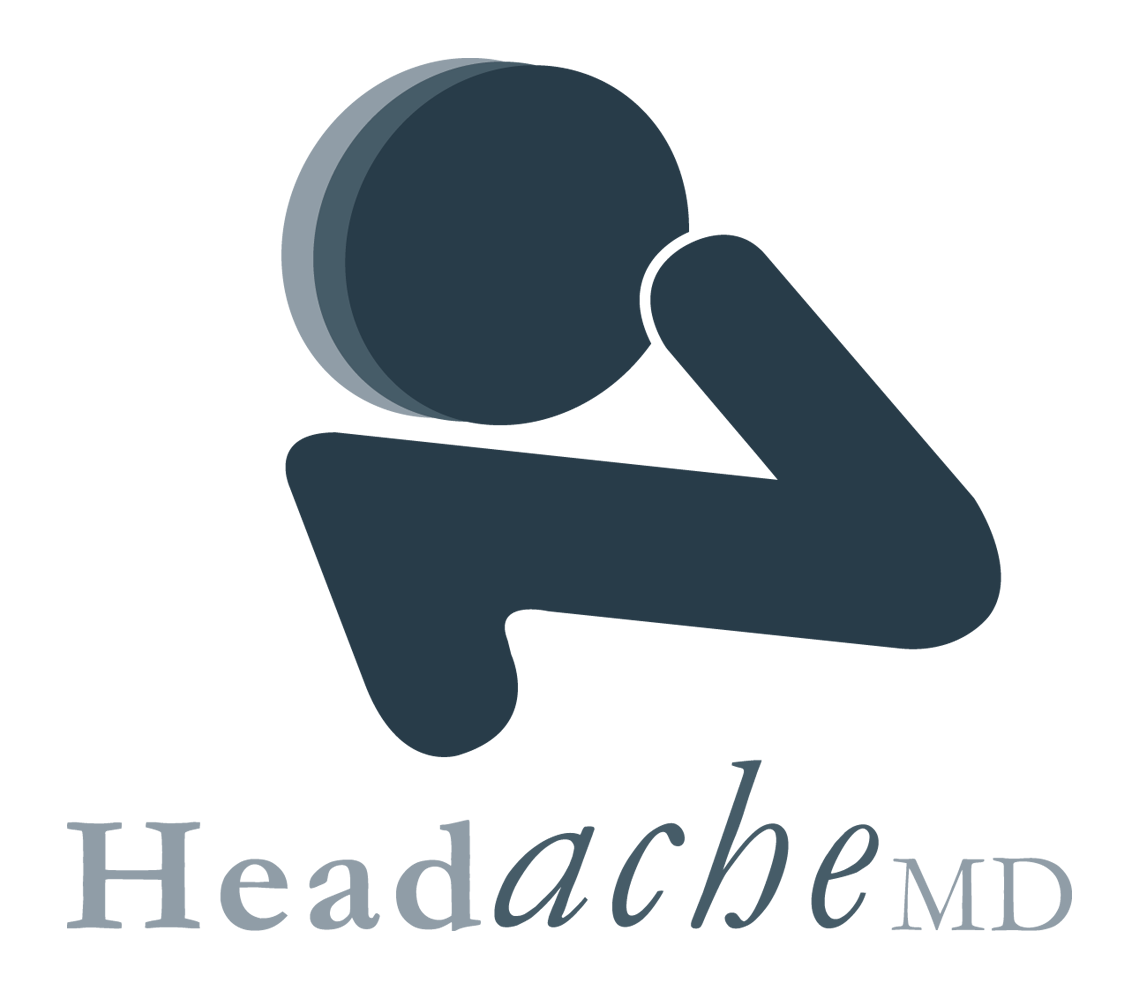Sinus Headaches: What You Should Know
Sinus headaches can easily be treated, but only if diagnosed properly. A lot of people think they are experiencing this type of headache, when in reality they are having a migraine or tension headache. This misdiagnosis is common, especially for people who self-medicate. And because they are not treating the headache correctly, it becomes a recurring problem. One must know of the signs and symptoms of sinus headaches in order to treat the problem and its underlying causes properly.
What are Sinus Headaches?
The cavities located above our eyes in the forehead area, on our cheekbones, and across the bridge of our nose, are called sinuses. When irritants and infection cause an inflammation in these areas, the pressure in our sinuses is increased and we experience what are known as sinus headaches. The inflammation of the sinuses is most commonly due to a swelling in the nasal passages caused by a viral infection or by an allergic reaction. This inflammation affects the sinuses’ ability to drain, causing more pressure in the sinus cavities. Other factors that may cause sinus-related headaches are fungal infections, dental infections, and in extremely rare cases, even tumors.
Telling whether a headache is sinus-related can be a little confusing as these headaches share a number of similar symptoms with tension and migraine headaches. The main difference between them is that nasal congestion often accompanies headaches due to sinus inflammation. The nasal drainage may be greenish-yellow or clear in color depending on what caused the congestion.
Other symptoms to look out for are:
- Pressure and pain in one’s cheeks, brow area, forehead, and along the bridge of the nose
- Pain in the upper teeth
- Feeling of fullness or swelling in the face and ears
- The pain gets worse when one lies down or bends forward.
- In viral infection related cases, fever, chills and muscle aches may be present.
Sinus Headache Treatment
There are short term and long term treatments available for people who experience headaches caused by sinusitis. Short term remedies are meant to relieve the symptoms and ease the pain the patient experiences. On the other hand, long term treatments, such as surgery, are meant to treat severe cases of sinusitis in order to reduce the occurrence of headaches and other symptoms of sinusitis. The surgery is done to help promote sinus drainage by widening the sinus openings.
There are a number of over-the-counter medications available to treat headaches and other symptoms caused by sinusitis. People who self-medicate often take analgesics to relieve the pain, but if the headache persists even after taking an analgesic, doctors may prescribe corticosteroids to help with pain relief. Allergy-related sinus congestion can be relieved by taking antihistamines or by using a steroid nasal spray. Home remedies to relieve sinus pain are also popular courses of treatment. These home treatments include nasal irrigation, breathing moist air using steam vaporizers, a steaming bowl of water or a humidifier. Applying a hot compress alternating with a cold compress on the congested areas can also help with the pain relief.
Sinus headaches can be managed and treated if diagnosed properly. If you’re unsure whether you are experiencing migraines or sinus headaches, it’s best to seek medical attention, especially when the headaches are recurring.
If you’re experiencing any type of headache pain, schedule an appointment with one of our headache specialists immediately for proper diagnosis and treatment.
